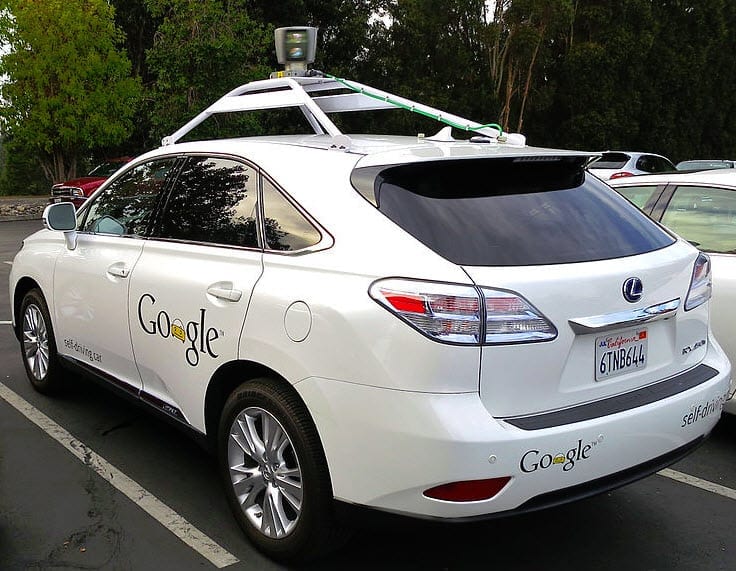One day, the savings could be big enough on coverage that it could make these vehicles practical.
Insurers are always advertising different ways for consumers to obtain an auto insurance discount that is large enough that it will entice them into switching to their policies, and with the introduction of new technologies such as self-driving cars, it appears as though an entirely new world is opening up for drivers and the companies that cover them, says a recent survey.
Google has already produced a prototype for this type of vehicle, but consumers remain hesitant, so far.
 A survey that was conducted by CarInsurance.com has determined that while only 20 percent of consumers are actually interested in being able to hand over control of their vehicles to an automated system, this figure changes when savings are worked into the mix. When a large enough auto insurance discount is factored in, 90 percent of the survey respondents said that they would at least give the idea some consideration.
A survey that was conducted by CarInsurance.com has determined that while only 20 percent of consumers are actually interested in being able to hand over control of their vehicles to an automated system, this figure changes when savings are worked into the mix. When a large enough auto insurance discount is factored in, 90 percent of the survey respondents said that they would at least give the idea some consideration.
That said, the survey respondents would not be swayed by only a small auto insurance discount offer.
For instance, the 15 percent reductions that are currently being advertised as favorable deals for traditional vehicles would not be close to enough to change the minds of these drivers. Instead, the survey revealed that if Americans were going to be willing to hand over their car keys and let the machine – such as the one from Google – do the driving, then they would require a tremendous drop in their premiums. The study suggested that the breaking point for most of them was a huge 80 percent.
This has led many people to wonder why any insurer would ever create this type of an offer and whether this indicates that there really won’t ever be a mainstream place for self-driving cars in the United States. This is particularly true when taking into consideration other factors that were studied in this research. For example, among the respondents, 75 percent said that they would be better drivers than a computer. Moreover, the same percentage said that they would not trust a self-driving vehicle to transport their children to school.
Equally, though, the reality is that a self-driving car eliminates many of the issues regarding human error and failings, such as distractibility, fatigue, a limited field of view, and variable reaction times. As the National Highway Traffic Safety Administration’s figures show that 95 percent of vehicle accidents are the result of human error, it could mean that these future auto insurance discounts for replacing human drivers may not be quite as absurd as we think.
